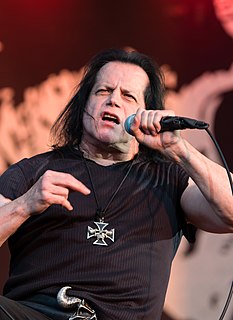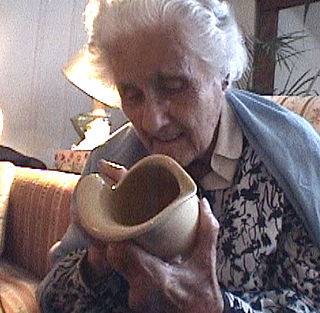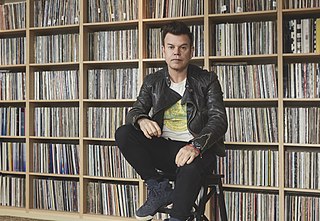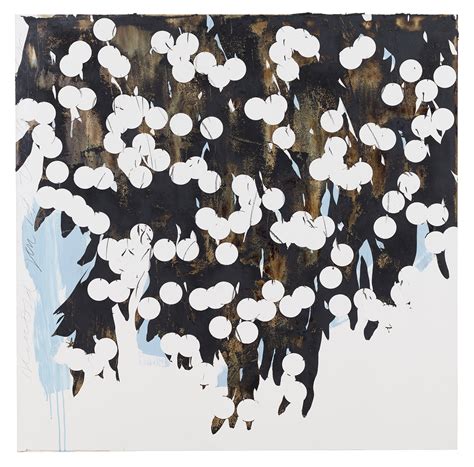A Quote by Momina Mustehsan
As an artist, it is heartwarming to see other artists appreciate your work by making covers and renditions of your original track.
Quote Topics
Related Quotes
The pleasure of making things beautiful or useful involves your feelings as well as your thinking. When your original sketch evolves into a tangible, three-dimensional object, your heart is anxiously following the process of your work. And the love involved in making it is conveyed to those for whom you made it.
The problem of making artists talk about their work is that when they're making their work the left-brain is shut off. So if you talk to an artist about it, you're talking to someone who wasn't there. It's hopeless. And also it's insulting. It's implying that the work is not an adequate account of itself. To me, the greatest artists are almost entirely non-verbal.
The artist’s memory is a dangerous, necessary thing. Never disavow what you see and remember-it’s your brilliant stock-in-trade: remembering, and making something out of it. Artists remember the world as it is, first, because you have to know what it is you’re reinventing; that’s a rule, perhaps the only one: being cognizant of your source material.
I would give the same advice to anyone, celebrity or not. Produce your own music, keep in original, and be real. You need to earn the respect of your fans for your original work in music, and not rely on your celebrity in other mediums. The same would apply for actors who sing, dance, or even play sports.
You are in front of your brother, but your mind is on many other things, so you don’t really see your brother. Maybe he is having some trouble, but you don’t see it, not even when you share the same room. But mindfulness brings you there, to the present, and then you see. Train yourself all day long to bring your mind to your body and to be present with your food, your friends, your work, everything, because the more you concentrate, the deeper you will see.
I see more and more that my work goes infinitely better when I am properly fed, and the paints are there, and the studio and all that... I wish I could manage to make you really understand that when you give money to artists, you are yourself doing an artist's work, and that I only want my pictures to be of such a quality that you will not be too dissatisfied with your work.
What makes someone an artist? I don't think is has anything to do with a paintbrush. There are painters who follow the numbers, or paint billboards, or work in a small village in China, painting reproductions. These folks, while swell people, aren't artists. On the other hand, Charlie Chaplin was an artist, beyond a doubt. So is Jonathan Ive, who designed the iPod. You can be an artist who works with oil paints or marble, sure. But there are artists who work with numbers, business models, and customer conversations. Art is about intent and communication, not substances.
What's that Regina Spektor song? Museums are like mausoleums. Having your work in a museum is something we as artists aspire to, but I don't think that's something we need to worry about while we're alive. Typically your work will end up in a museum after you're dead. And maybe that's the function of a museum. It's an archive of your work after you're dead. But while we're alive, I like to see it in places where it's connected to day-to-day life and making a difference.



































